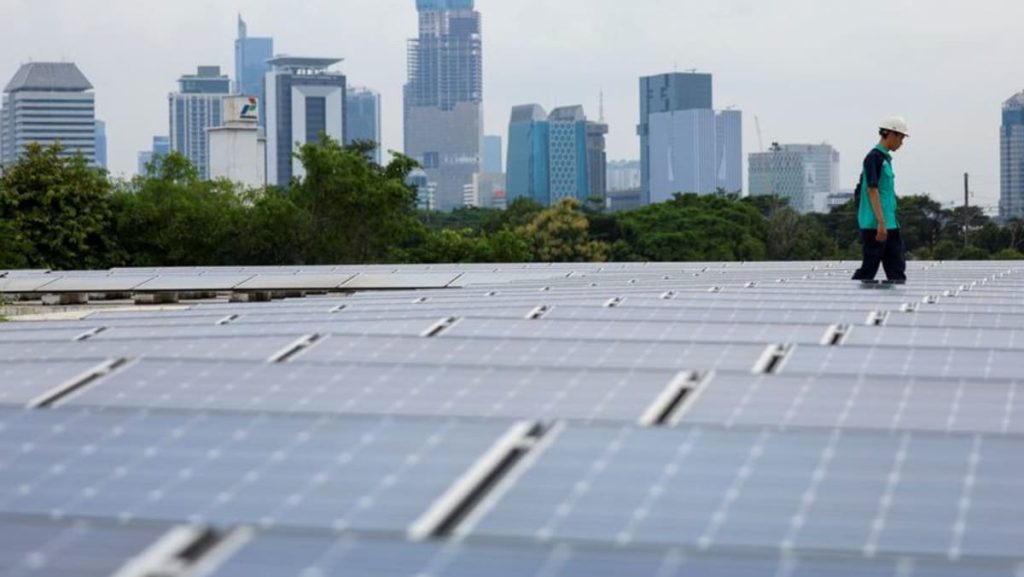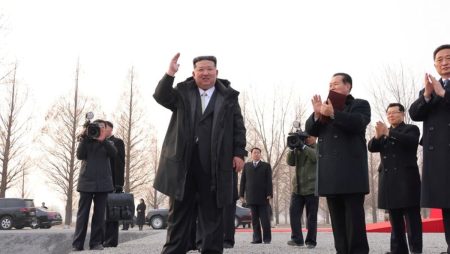Indonesia Aims for a Greener Future: A 10-Year Renewable Energy Plan
Introduction: Indonesia’s Commitment to Renewable Energy
Indonesia is taking bold steps toward a sustainable future by revamping its electricity supply plan to prioritize renewable energy. In a recent announcement, Deputy State-Owned Enterprise Minister Kartika Wirjoatmodjo revealed the government’s ambitious plan to increase the share of renewable energy in the national electricity mix over the next decade. This initiative is expected to significantly reduce the country’s reliance on fossil fuels and pave the way for a cleaner, more environmentally friendly energy landscape.
The New Electricity Supply Plan: RUPTL
The new plan, known as RUPTL (Rencana Umum Penyediaan Tenaga Listrik), replaces the previous 2021-2030 RUPTL, which aimed to add 40.6 gigawatts (GW) of new capacity, with about 52% coming from renewable sources. The updated plan is more aggressive in its pursuit of greener energy. It targets an additional 71 GW of power capacity, with a whopping 70% of this coming from renewable sources such as solar, hydro, and geothermal energy. This shift is part of Indonesia’s broader strategy to increase the share of renewable energy in its energy mix from the current 12% to around 35% by 2034.
Solar Power Takes Center Stage
Solar energy is set to play a key role in Indonesia’s renewable energy transition. Under the new plan, the country aims to develop 17 GW of solar power capacity, including supporting battery systems. This ambitious target reflects the government’s recognition of solar energy’s potential as a clean and abundant resource, especially in a tropical country like Indonesia, where sunlight is plentiful year-round. The inclusion of battery systems indicates a focus on storing excess energy generated during the day for use during periods of low sunlight or at night, ensuring a more stable and reliable energy supply.
Harnessing Hydro and Geothermal Energy
In addition to solar power, Indonesia is also looking to expand its hydro and geothermal energy capabilities. The plan includes the development of 16 GW of hydro power and 5 GW of geothermal power. Hydro power, which harnesses the energy of moving water, is one of the oldest and most reliable forms of renewable energy. Indonesia, with its vast river systems and mountainous terrain, is well-suited for hydro power projects. Similarly, geothermal energy, which taps into the heat from the Earth’s interior, is another area where Indonesia has significant potential, given its location along the Pacific Ring of Fire, a region with high volcanic activity.
The Role of Wind and Bioenergy
While solar, hydro, and geothermal energy are the main focus of Indonesia’s renewable energy plan, the country is also exploring the potential of wind and bioenergy. Wind energy, although still in its infancy in Indonesia, is expected to contribute to the renewable energy mix, particularly in coastal areas where wind speeds are higher. Bioenergy, which is derived from organic matter such as agricultural waste and forestry residues, offers another avenue for sustainable energy production. These diverse sources of renewable energy will help ensure that Indonesia’s energy transition is not overly reliant on any single technology, making the overall system more resilient and adaptable to future challenges.
Addressing the Remaining Role of Coal and Gas
Despite the strong push toward renewable energy, Indonesia is not completely abandoning coal and gas in the short term. According to Kartika Wirjoatmodjo, the country still plans to bring online around 5 GW of new coal capacity and 15 GW of gas power capacity by 2034. This decision is driven by the need to maintain energy security and ensure a stable power supply during the transition period. However, the government has made it clear that coal is no longer a priority for future development. In fact, Indonesia banned the development of new coal power plants in 2022, except for projects already in the pipeline or those integrated with natural resource processing industries that have emission reduction plans in place. The continued use of coal and gas is seen as a necessary evil to bridge the gap until renewable energy technologies can fully meet the country’s energy demands.
Conclusion: A Balanced Approach to Energy Transition
Indonesia’s new electricity supply plan represents a balanced approach to energy transition, combining ambitious renewable energy targets with a pragmatic recognition of the ongoing role of fossil fuels. By prioritizing solar, hydro, and geothermal energy, the country is laying the groundwork for a cleaner, more sustainable energy future. At the same time, the planned expansion of gas power capacity and the limited use of coal reflect a commitment to energy security and stability during the transition period. As Indonesia works to achieve its renewable energy goals, it will be important to monitor progress, address potential challenges, and continue advocating for policies that support the widespread adoption of clean energy technologies. The success of this plan will not only benefit Indonesia but also contribute to global efforts to combat climate change and promote sustainable development.












